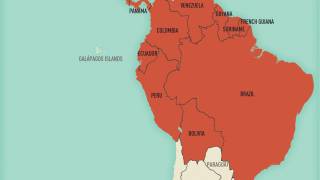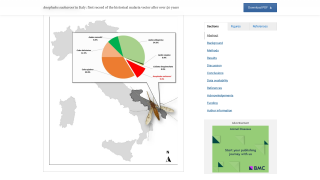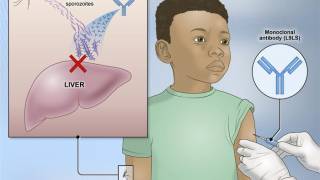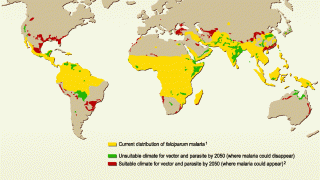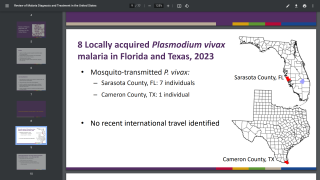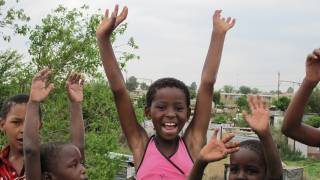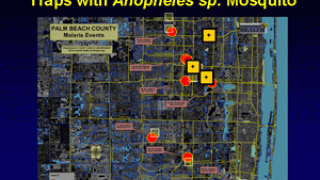Malaria Prevention Includes Protective Sleeping

Since the 1990s, bed nets with insecticides have been an invaluable tool for malaria prevention, wrote Gretchen Vogel with Science.org on February 2, 2022.
While young children who sleep under these nets are far less likely to die of the disease, some scientists have worried this might increase the risk of contracting malaria later in life by preventing the development of natural immunity.
Now, an ambitious new study’s finding allays those fears.
Thousands of people who slept under bed nets as youngsters in the late 1990s and early 2000s in Tanzania, Africa, still have a significant survival advantage through young adulthood over peers who did not.
“It is a powerful demonstration of the long-lasting payoffs of protecting the health of young children,” says Pedro Alonso, director of the World Health Organization’s Global Malaria Programme, who was not involved in the new study.
Insecticide-treated bed nets, which prevent mosquitoes from biting people and killing insects on contact, were first systematically studied in the 1990s.
Researchers found the survival advantage first seen in 2003 was still apparent 20 years later.
Children who had slept under bed nets more than half the time in the original study had a 40% survival advantage over children who used them less than half the time, reported these researchers in the NEJM on Feb. 3, 2022.
Because malaria leaves children more vulnerable to other diseases, researchers often measure “all-cause mortality” to assess the effects of malaria prevention measures.
And the protective effect of the nets was apparent even after they controlled for family income, parents’ education, and distance from a health care center.
That is “really remarkable,” Alonso added.
According to the U.S. CDC, malaria is a mosquito-borne disease caused by a parasite that can now be prevented with a new vaccine.
On October 6, 2021, the World Health Organization recommended using GSK’s RTS,S malaria vaccine for sub-Saharan Africa and other regions with moderate to high malaria transmission.
Mosquirix RTS,S/AS01 is a recombinant vaccine that triggers the human immune system to defend itself against the first stages of infection when the Plasmodium falciparum malaria parasite enters the host's bloodstream through a mosquito bite and infects liver cells.
In Europe, Mosquirix is currently indicated for children and infants. However, Mosquirix is not approved for teens or adults.
Other malaria vaccine candidates are conducting clinical trials, which are listed on this web page.
Sub-Saharan African visitors have the most risk of contracting malaria.
About 2,000 cases of malaria are diagnosed in the U.S. annually, most in returning travelers, says the U.S. CDC.
Vax-Before-Travel publishes fact-checked research-based travel vaccine news.
Our Trust Standards: Medical Advisory Committee











